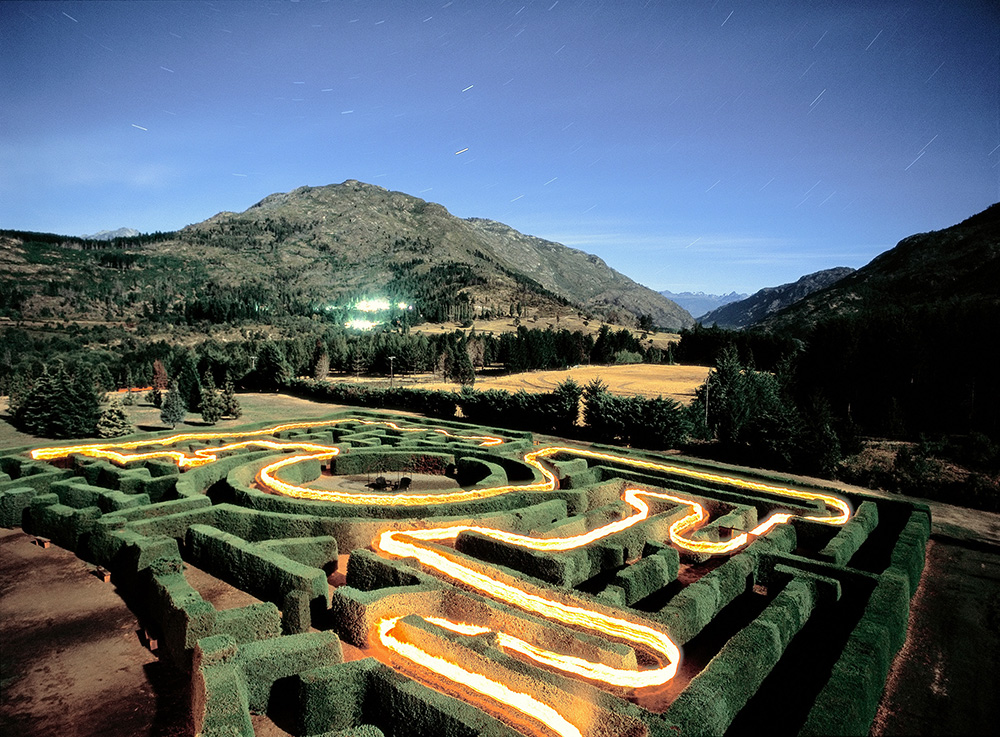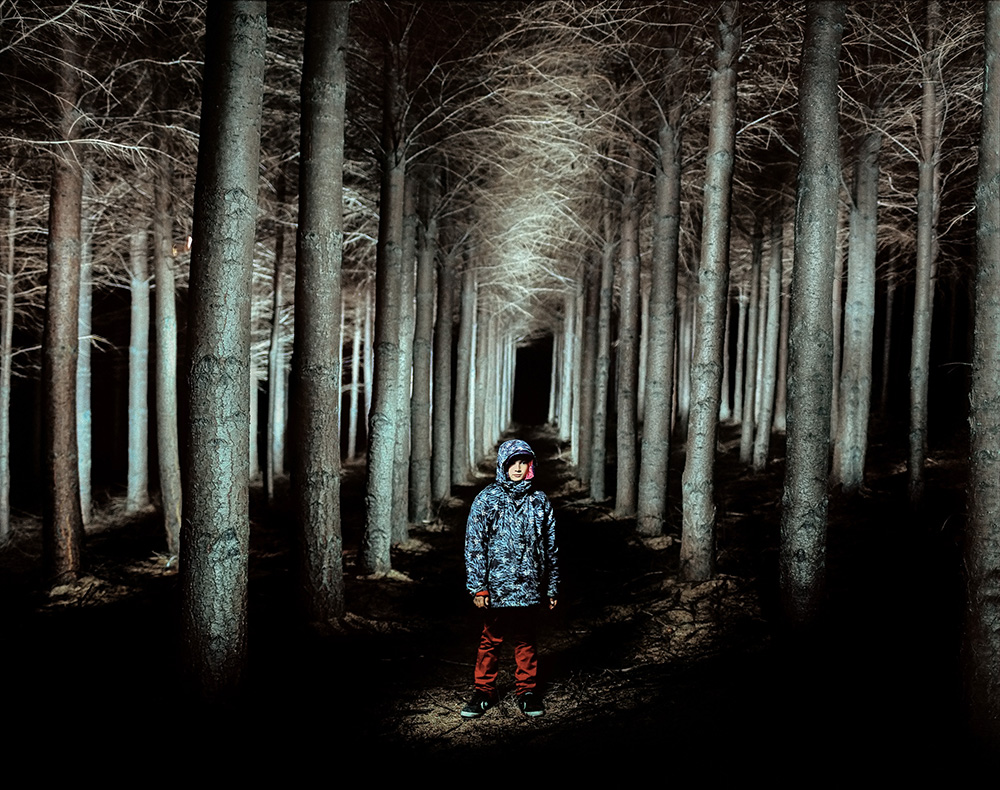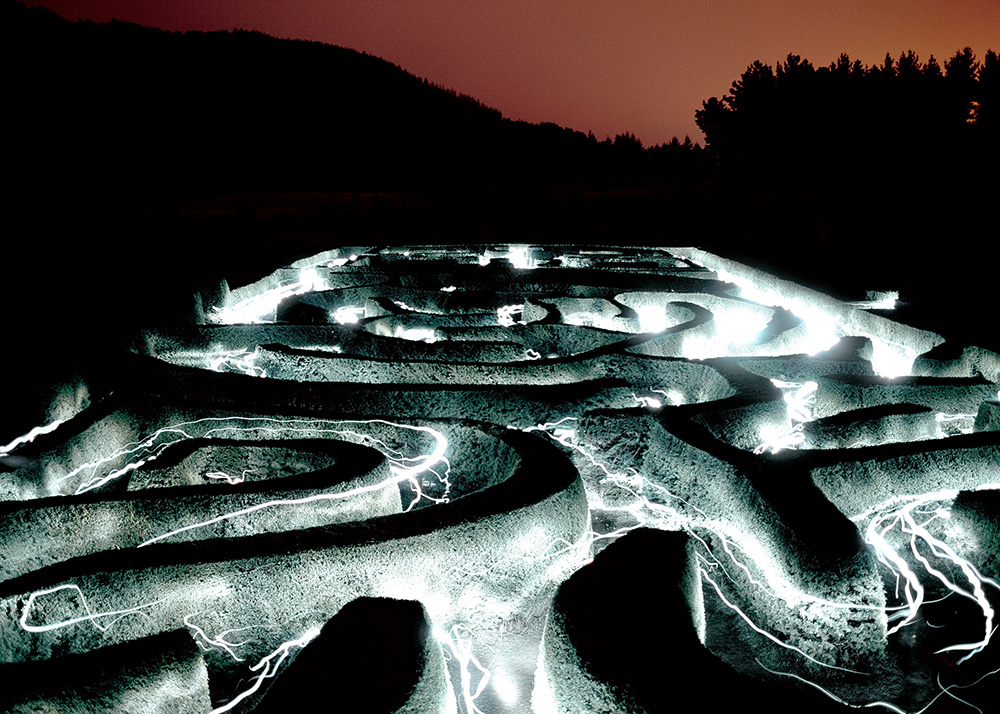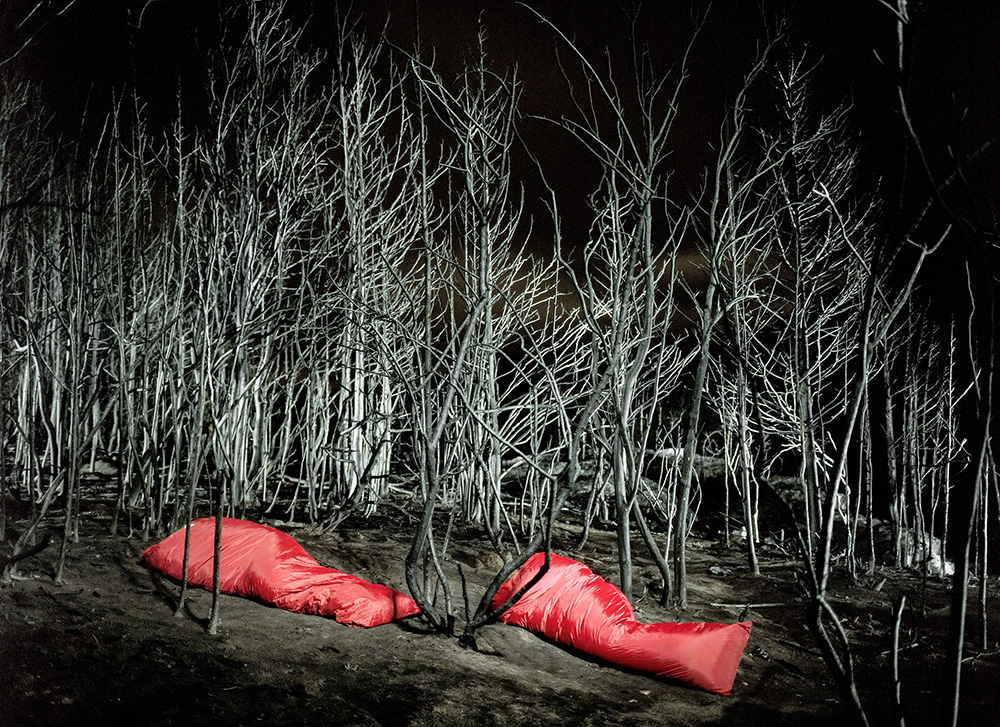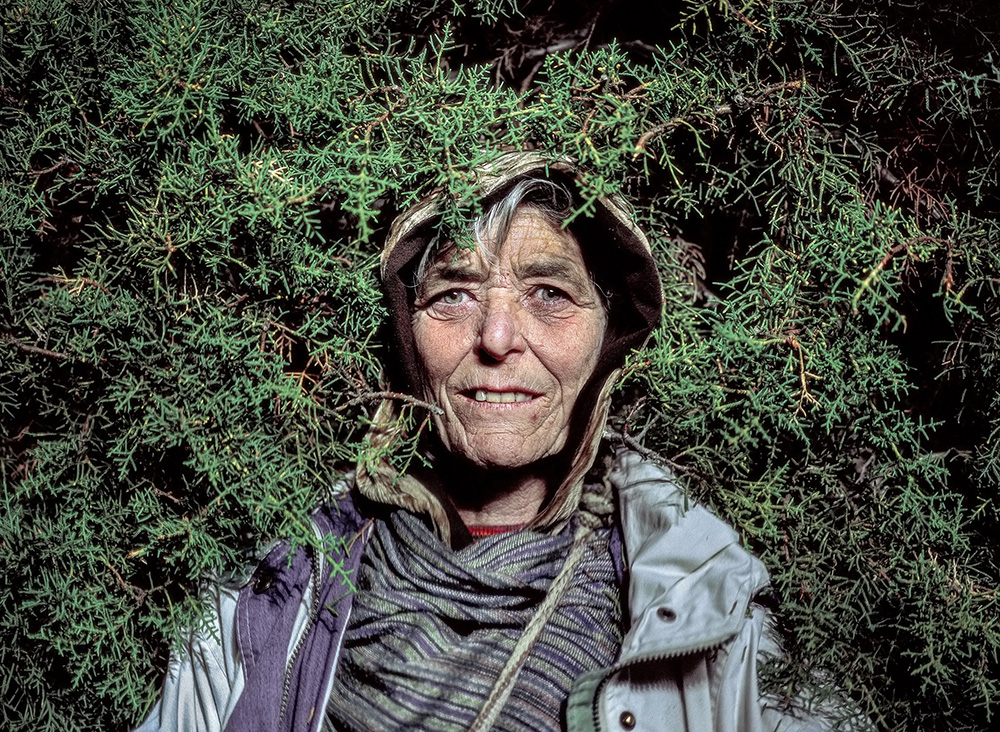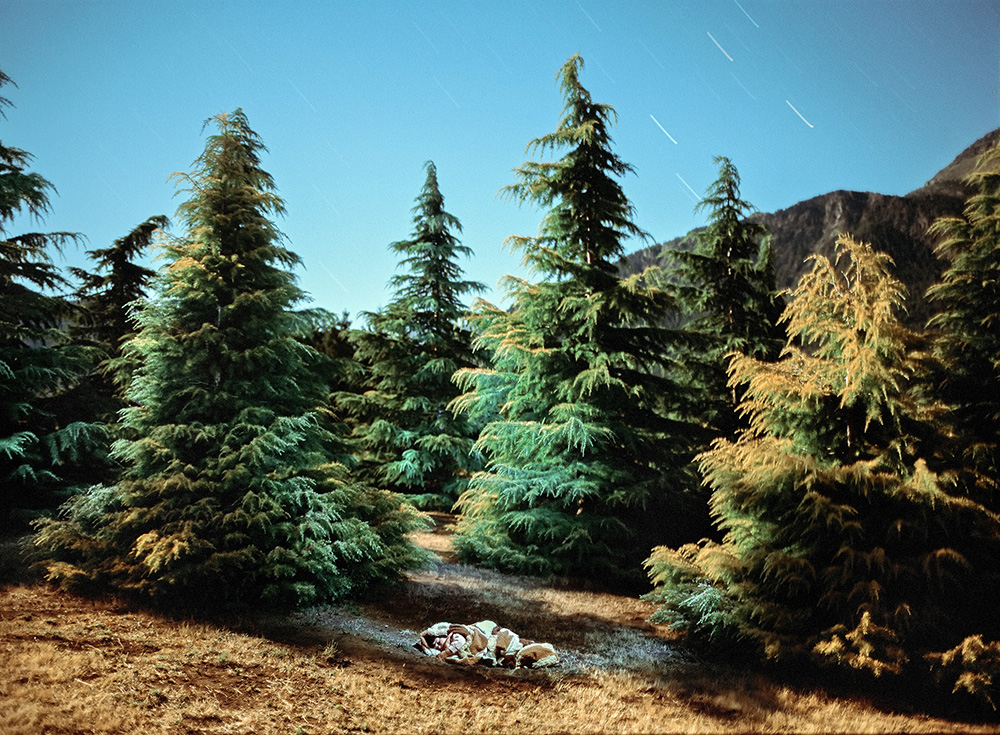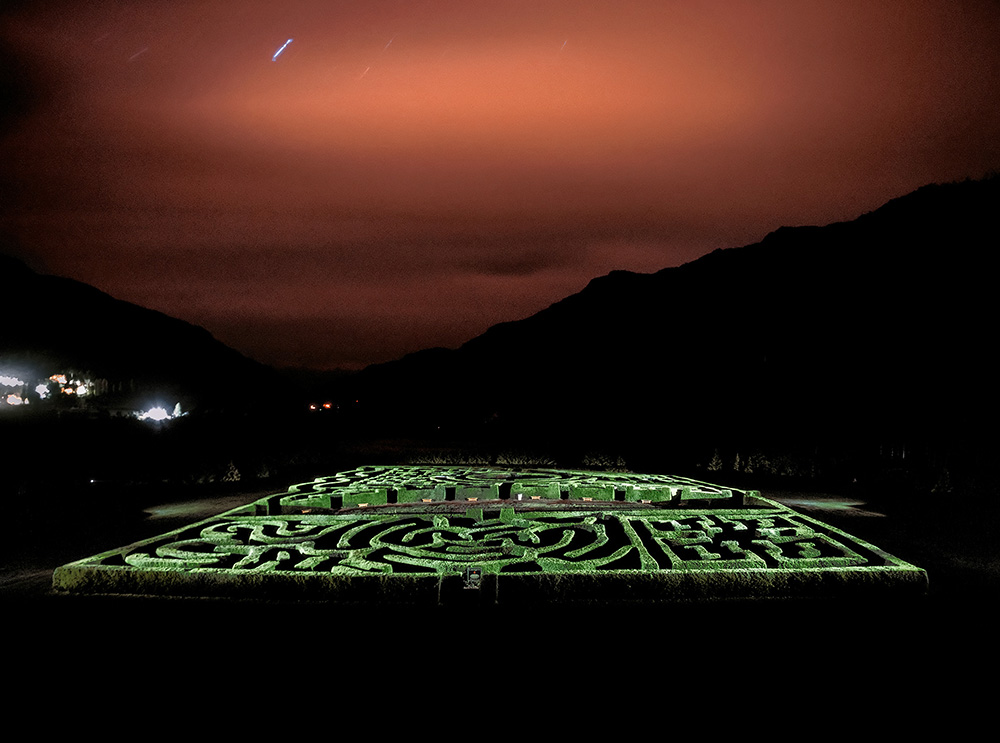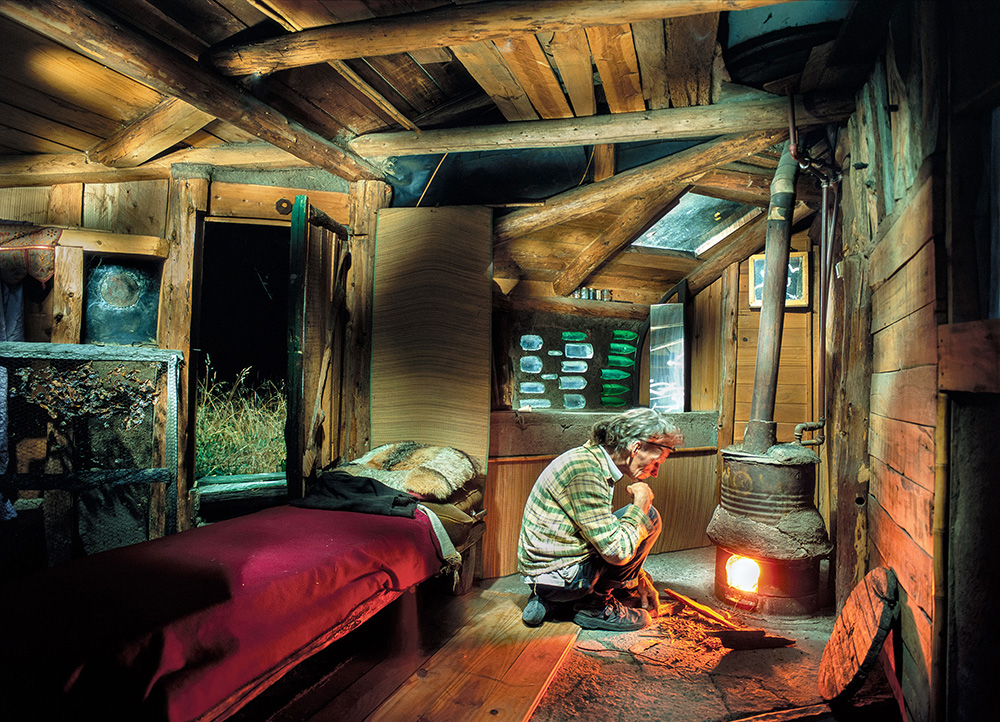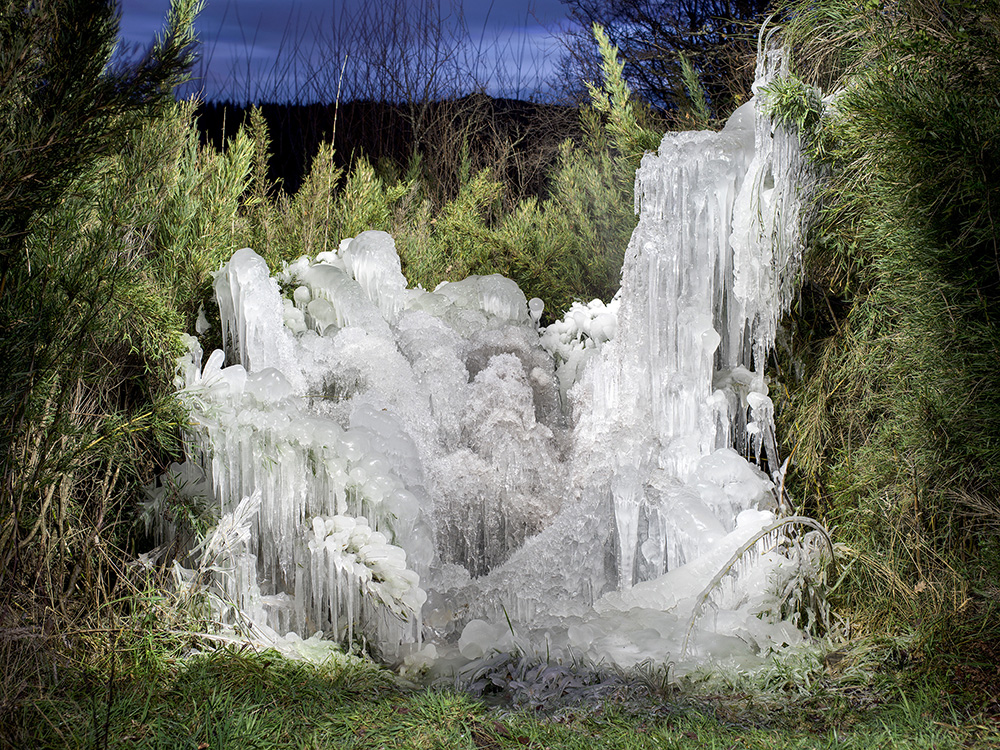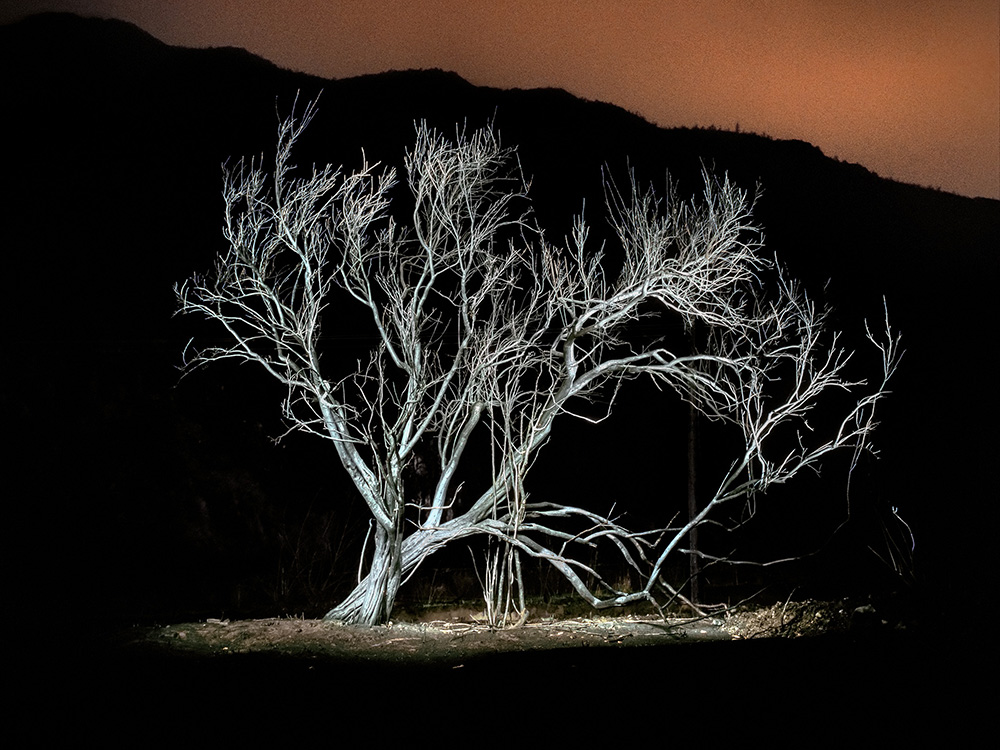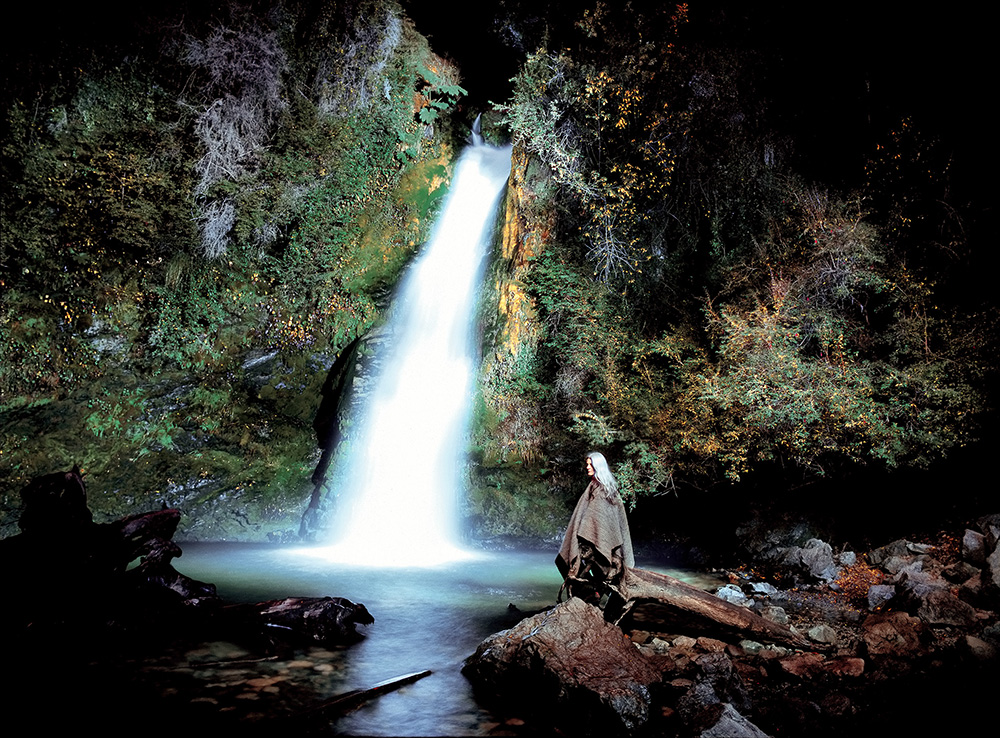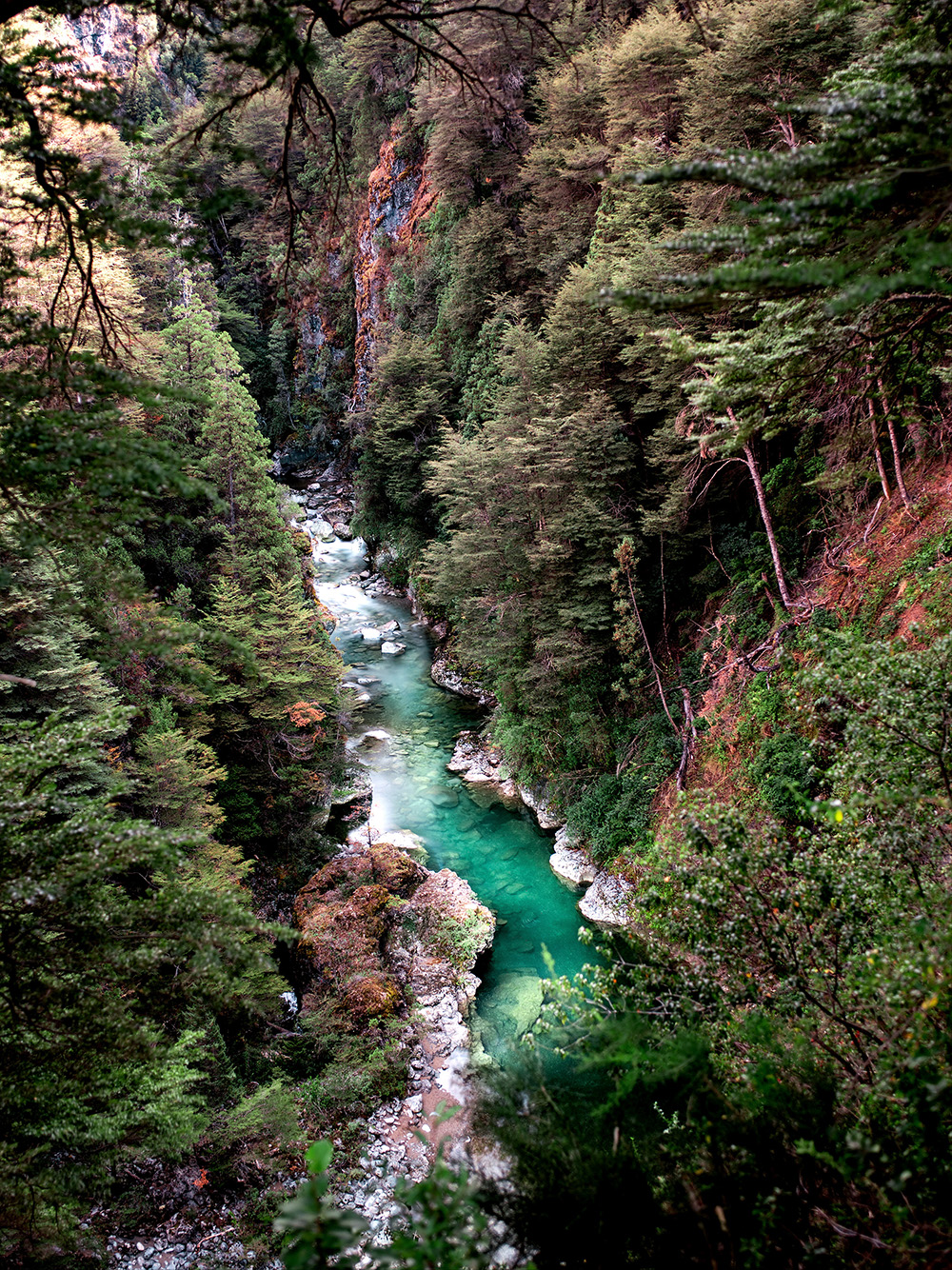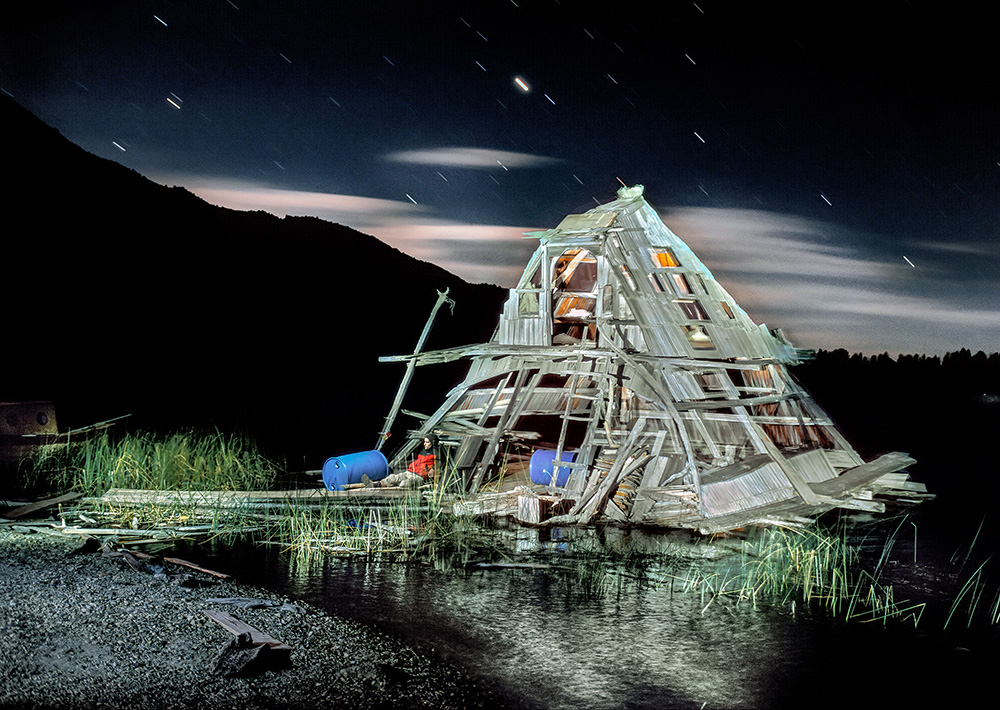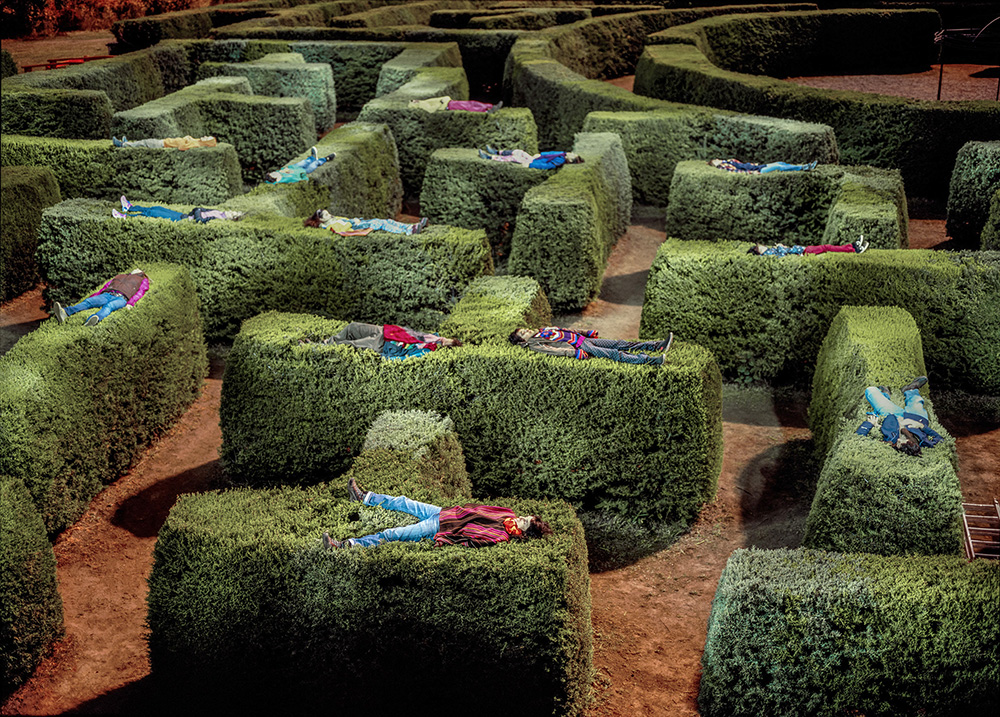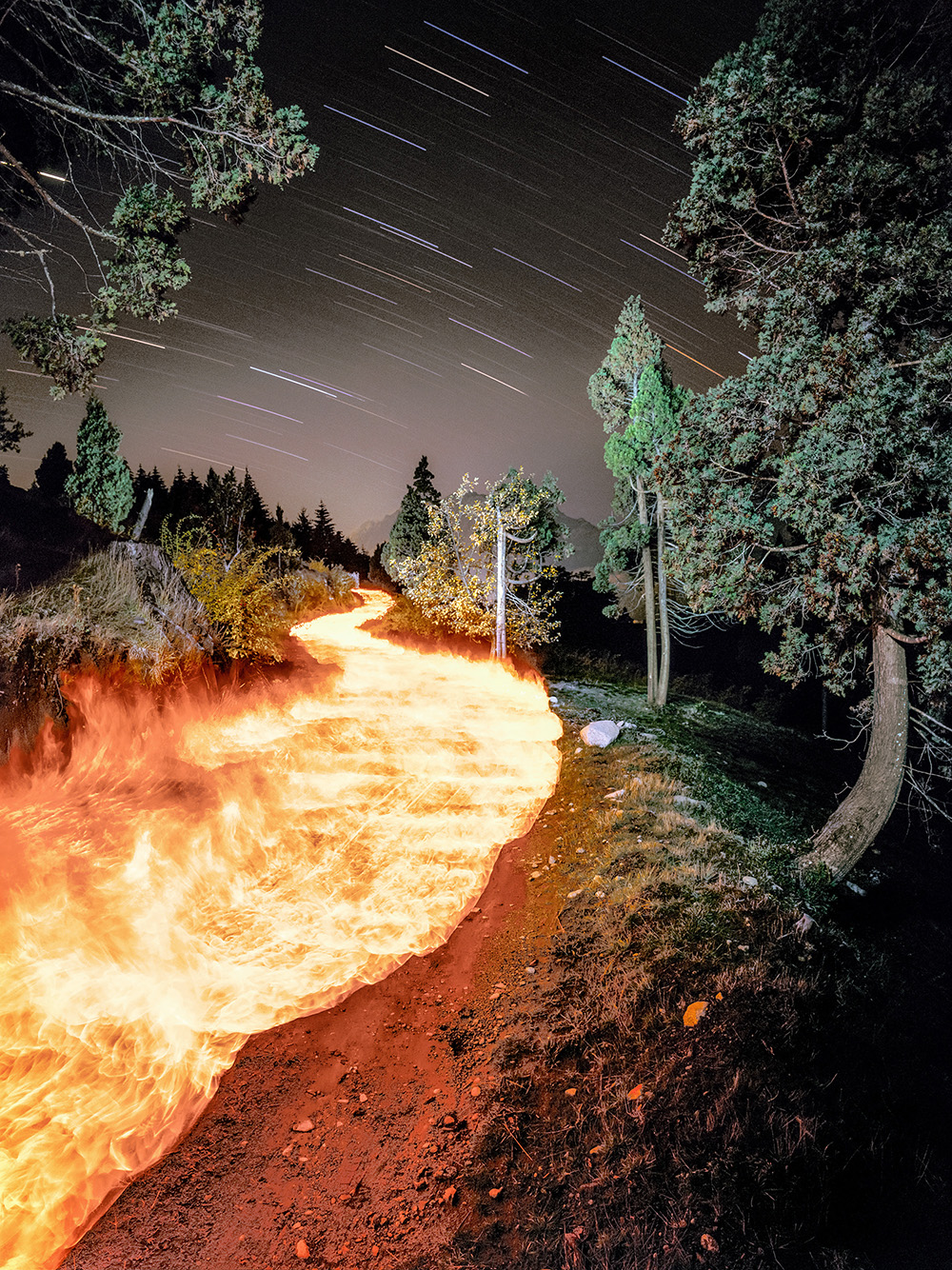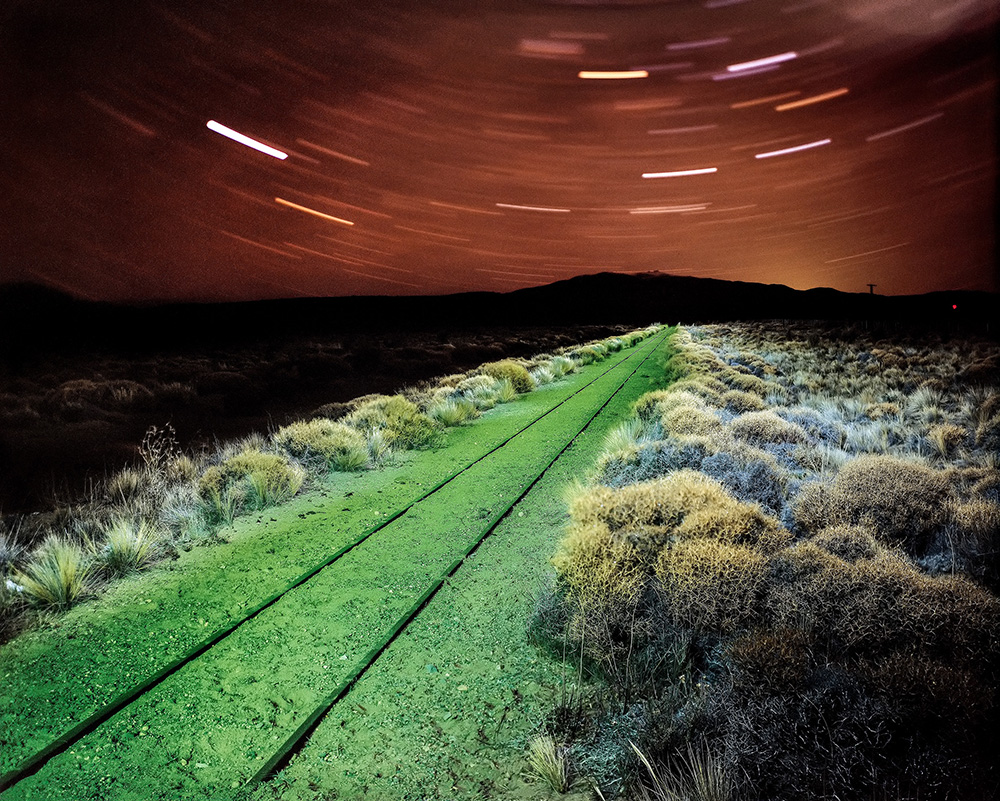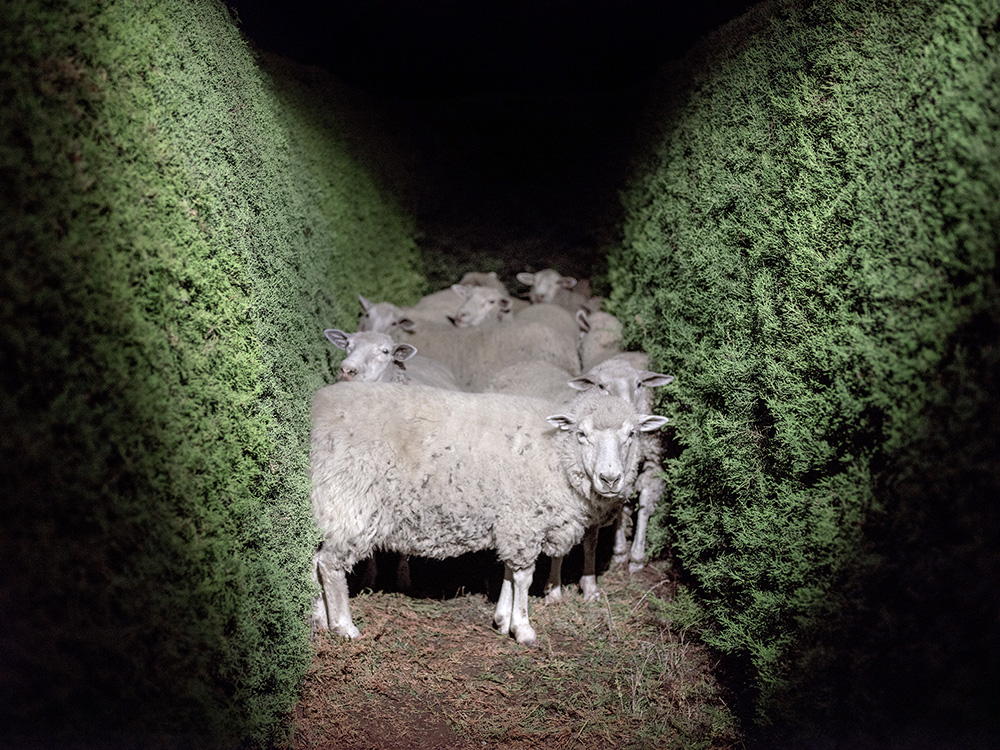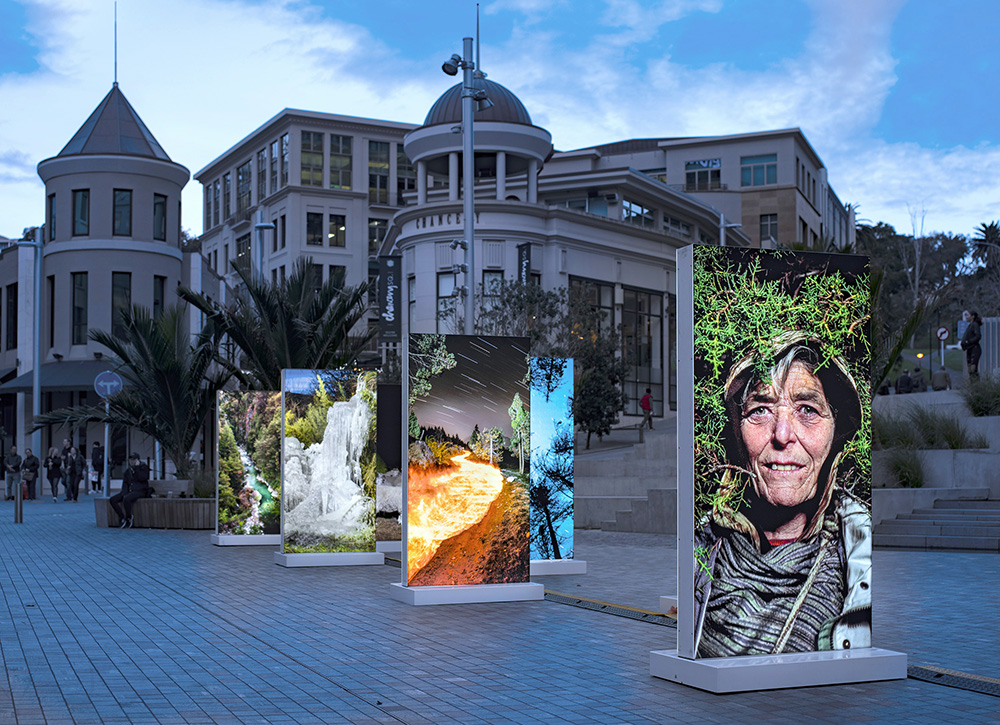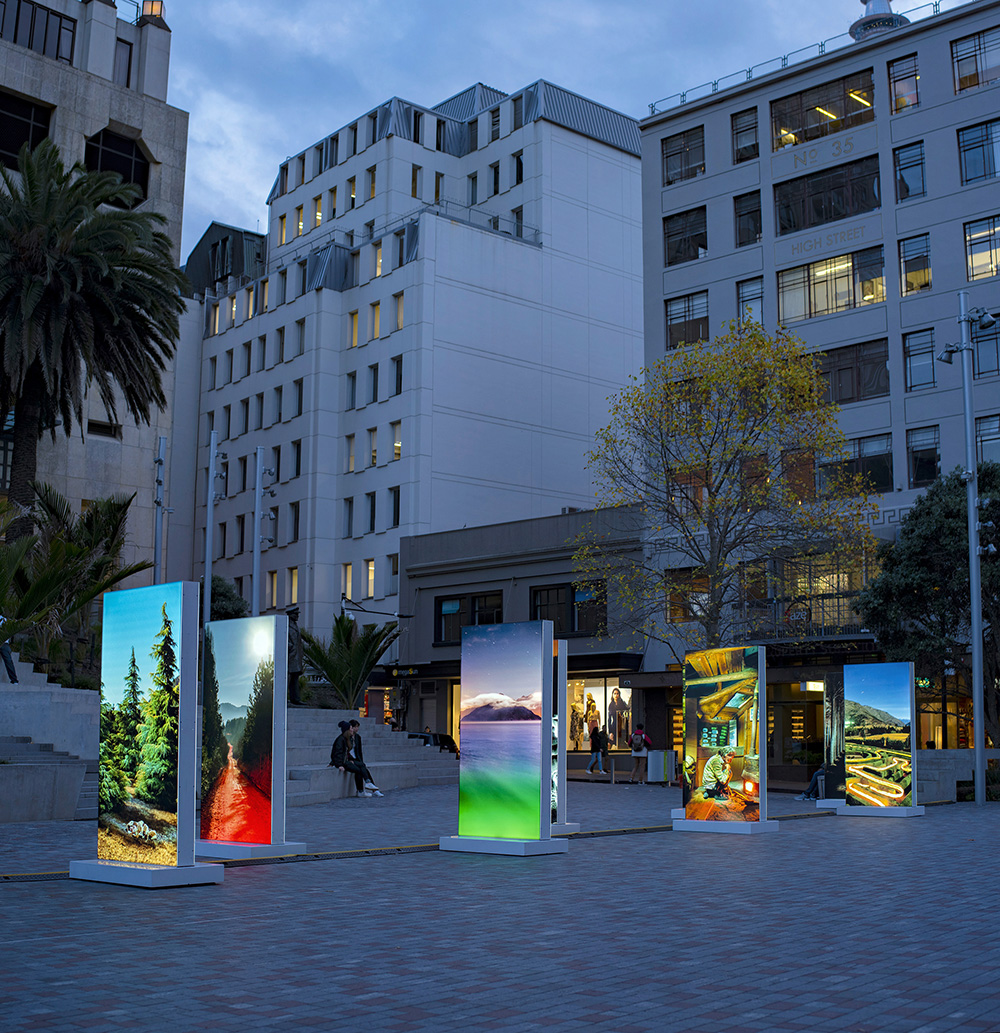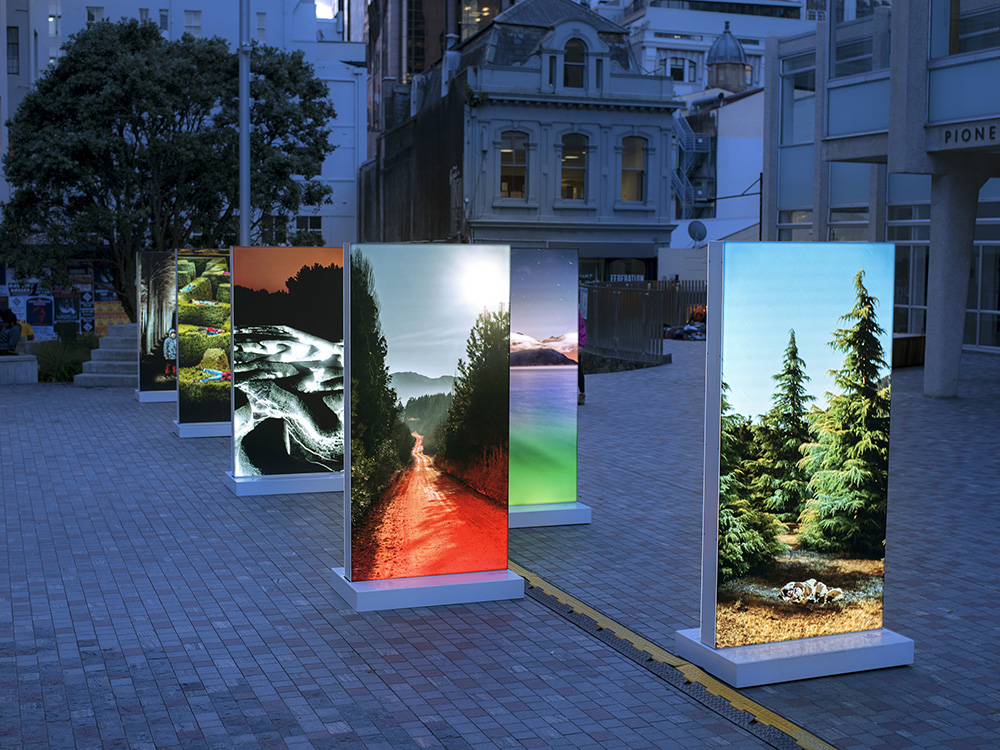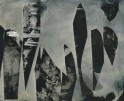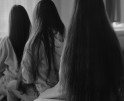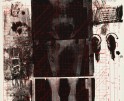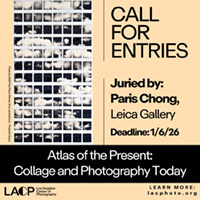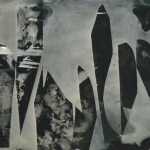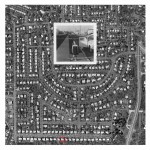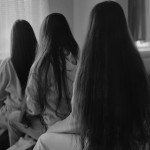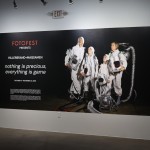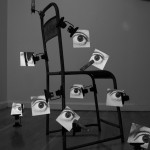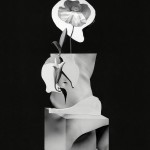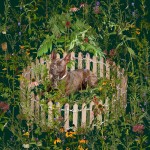Argentina Week: Alejandro Chaskielberg: Laberynth Patagonia
I first saw Alejandro‘s La Creciente at Yossi Milo gallery when I traveled to New York sometime in 2011. The images were stunning; it felt like I was looking at still shots from a movie set. I later found out that he also worked as a cinematographer, and I was not surprised at all. He has an amazing ability to capture scenes in a very raw and dramatic style.
Alejandro Chaskielberg was born and grew up in Buenos Aires. He is an independent photographer, videographer and teacher. He graduated from the National Institute of Cinematography in Argentina as Director of Photography. He also has a BA in Industrial Design and has performed advanced studies in classical music at the Classical Conservatory Manuel de Falla (violin) and Graphic Animation a the National Art Institute of Avellaneda.
He won numerous awards including the Burn Emerging Photographer Grant from the Magnum Foundation, the Leopold Godowsky Jr Award from Boston University, he was named Photographer of the Year at the Sony World Photography Awards in 2011 and he won the POYI -Pictures of the Year International Award for the Best Latin American Portrait. In 2016 he was selected as Juror’s Pick at the Magnum 70th Anniversary Awards, selected by Magnum Photos President, Martin Parr.
Based in Buenos Aires, his photographic projects have taken him out into the world from the Argentinian Patagonia, north to Suriname east to Kenya and on to Japan. He has lived for three years in the islands of the Parana River Delta to work on his first monograph La Creciente.
He has made more than fourty documentaries for Ciudad Abierta, the public television in Buenos Aires. He has also directed audiovisual pieces for the French choreographer Redha Benteifour and directed the photography of two movies: Presidentes by Mariano Cohn and Gastón Depart and Somewhere Beautiful, by Los Angeles director, Albert Kadagolian.
LABERYNTH PATAGONIA
Elisabeth Biondi wrote about Laberynth: “As Alejandro grew up in Buenos Aires, and because he lived in an urban environment, nature, once discovered, became his inspiration. He believes that nature should be respected and if not, it will take revenge.
In 2014, he travelled with his daughter Lara to remote Patagonia where he discovered the El Hoyo Labyrinth and was mesmerized by it. The labyrinth seemed to transform everyone who meandered through it. Children became elfin, the elderly became childlike. Everyone seemed under a spell as they made their way through the maze. Created by a counter-culture couple, Claudio and Doris, it was a symbol for nature regained. They had planted it on land ravaged by fire caused by drought. The fire had burned so savagely and had spread instantly through invasive pine trees, planted for fast growth.
For Alejandro, the labyrinth was a timeless place, suspended between light and dark. He decided to take nighttime pictures using his unique lighting technique, which he had created for his earlier award-winning Paraná River Delta project. Cinematic lighting, especially in Peter Greenaway’s “Drowning by Numbers” nighttime scenes, was his inspiration. The photographs were made with different lanterns, at full moon only, in exposures of about 10 minutes long. He soon realized, however, that in order to capture Laberinto’s power of transformation, he had to reach beyond documentary photography.
Alejandro, who goes back and forth between still photography and working as a cinematographer, decided to put to use his cinematic experience to fully capture the magic of Laberinto. Inspired by, Stanley Kubrick’s “The Shining”, which concludes in a hedge maze he took on the role as director. He created scenarios—he painted trees, used torches, moved people around, made them sleep on barren land and stretch out on bushes. In effect, he created a magical piece of land-art, that he then documented”.
Posts on Lenscratch may not be reproduced without the permission of the Lenscratch staff and the photographer.
Recommended
-
Photography Educator: Erin Ryan StellingJanuary 9th, 2026
-
Ricardo Miguel Hernández: When the memory turns to dust and Beyond PainNovember 28th, 2025
-
Pamela Landau Connolly: Columbus DriveNovember 26th, 2025
-
Interview with Maja Daniels: Gertrud, Natural Phenomena, and Alternative TimelinesNovember 16th, 2025
-
Robert Rauschenberg at Gemini G.E.LOctober 18th, 2025

